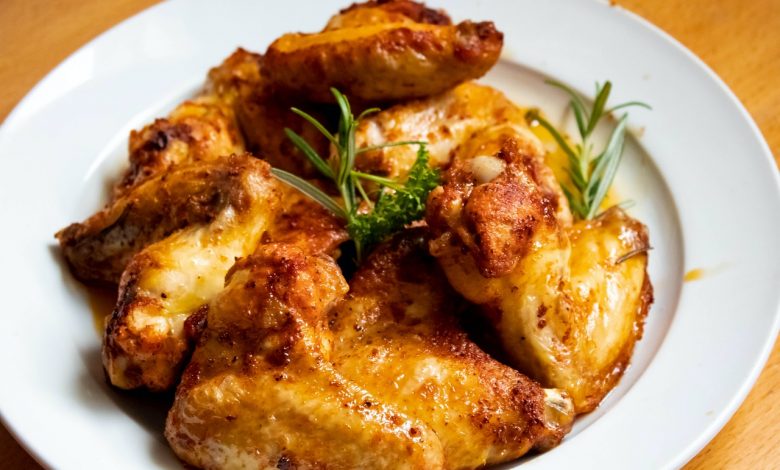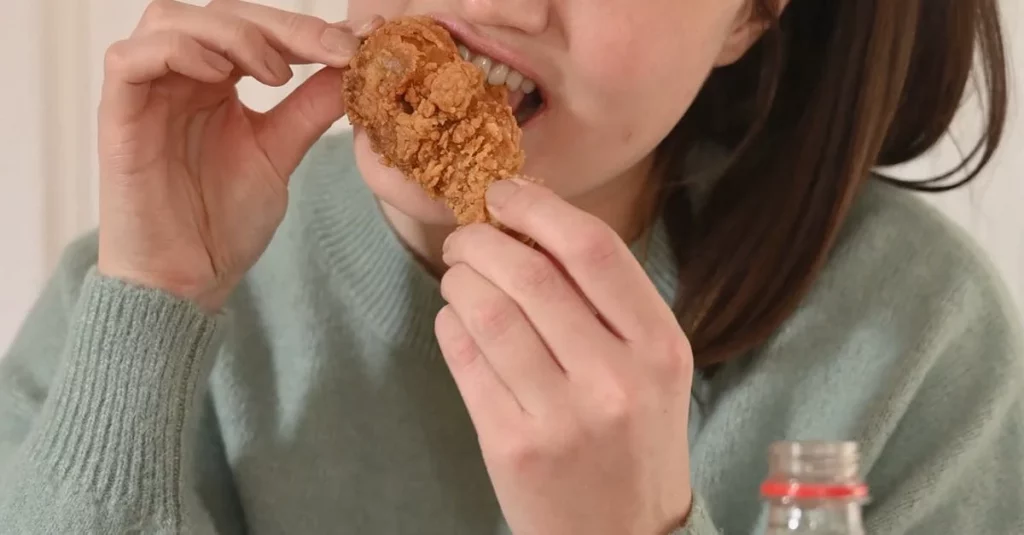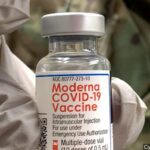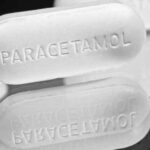Can I Eat Chicken After Taking COVID Vaccine?

For most people, taking a new medication may mean switching up your lifestyle a bit and that includes the foods you eat. A food-drug interaction means that a specific nutrient or compound within the food changes the way your body metabolizes the medication, and this can either enhance or reduce the dose your body gets, according to Johns Hopkins Medicine. The potential results: an increased risk of side effects, many of which can be dangerous, or the drug not working as it was intended.
Before introducing a medication, ask your pharmacist about any food interactions, including with alcohol, and any adjustments you may have to make to your diet. In this article, we will discuss the COVID 19 Vaccine and the food or beverages to avoid after taking it.
What you should know about chicken?
Chicken is the most common type of poultry in the world. Owing to the relative ease and low cost of raising chickens—in comparison to mammals such as cattle or hogs—chicken meat and chicken eggs have become prevalent in numerous cuisines. Chicken is rich in a variety of important nutrients, including protein, niacin, selenium, and phosphorus. One 3-ounce (85-gram) serving of chicken breast contains 122 calories, 24 grams of protein, and 3 grams of fat. The protein, in particular, is essential for building and repairing your tissues and maintaining muscle mass.
Chicken is a good source of selenium, a trace mineral that’s necessary for proper immune function, thyroid health, and fertility. Chicken is also rich in B vitamins like niacin and vitamins B6 and B12, which play central roles in energy production, DNA synthesis, and brain health.
What is COVID-19 Vaccine?
A COVID‑19 vaccine is a vaccine intended to provide acquired immunity against severe acute respiratory syndrome coronavirus 2 (SARS‑CoV‑2), the virus that causes coronavirus disease 2019 (COVID‑19).
Vaccines save millions of lives each year. The development of safe and effective COVID-19 vaccines is a crucial step in helping us get back to doing more of the things we enjoy with the people we love.
How COVID-19 Vaccines Work
COVID-19 vaccines help our bodies develop immunity to the virus that causes COVID-19 without us having to get the illness.
Different types of vaccines work in different ways to offer protection. But with all types of vaccines, the body is left with a supply of “memory” T-lymphocytes as well as B-lymphocytes that will remember how to fight that virus in the future.
It typically takes a few weeks after vaccination for the body to produce T-lymphocytes and B-lymphocytes. Therefore, it is possible that a person could be infected with the virus that causes COVID-19 just before or just after vaccination and then gets sick because the vaccine did not have enough time to provide protection.
How long does protection from COVID-19 vaccines last?
Research is still ongoing to determine how long COVID-19 vaccines provide protection. According to WHO, most people have strong protection against serious illness and death for at least six months. This immunity may reduce faster for some people, including older age groups and those with underlying medical conditions.

Can I eat chicken after taking COVID vaccine?
Yes, there are no major dietary restrictions after taking the COVID-19 vaccine. However, health experts recommend that you focus on healthy fats and less-processed foods to reap the most benefits from your diet. Avocados, salmon, nuts, and vegetables are all great choices with anti-inflammatory effects.
After the vaccination, people experience headaches, body pain, fever, and fatigue. Maintaining adequate levels of hydration can help ease these COVID-19 vaccine side effects.
Taking a balanced diet can help avoid serious side effects from the vaccine. Including a diet rich in green vegetables, turmeric, and garlic helps boost immunity. There are no restrictions on eating chicken or any other meat after taking the COVID-19 vaccine. But avoid alcoholic drinks and beverages as much as possible.
What is the link between chicken and COVID-19 vaccines?
Results from new studies suggest that chicken eggs may now play an important role in the mass production of COVID-19 vaccines. According to the researchers, the new vaccine produced using chicken eggs and a Newcastle virus as “vector” could lead to the production of inexpensive COVID shots.
By having the vaccines manufactured in existing facilities used to manufacture flu shots, the new technique could potentially boost supply and greater access to safe, effective vaccines by poor countries, they added.
The vaccine is called the NDV-HXP-S, developed by a multinational team led by researchers at Icahn School of Medicine at Mount Sinai in New York City. More specifically, it is known as “Recombinant Newcastle disease virus expressing SARS-CoV-2 spike protein”.
This method has an excellent safety profile (including in children, pregnant women, and elderly adults); is adaptable to viruses that regularly change; and has a history of effectiveness against severe disease.
Temperature stability is another benefit that makes delivery in low-resource settings easier. In contrast to mRNA vaccines that require an ultra-cold chain, this vaccine candidate is stable at 2-8℃ for months, which is the temperature of a regular household refrigerator.





